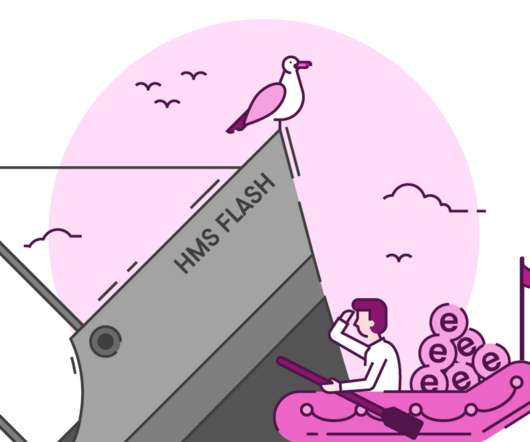How to Reduce Flash-to-HTML5 Conversion Costs
42 Design Square
MAY 30, 2019
Note that the SWF published files won’t be of much reuse when repurposing. If the trade off suits you, go ahead and ask your vendor a quote keeping in mind the re-usability of available resources. Collate all previous versions of storyboards and audio recording scripts.
















Let's personalize your content